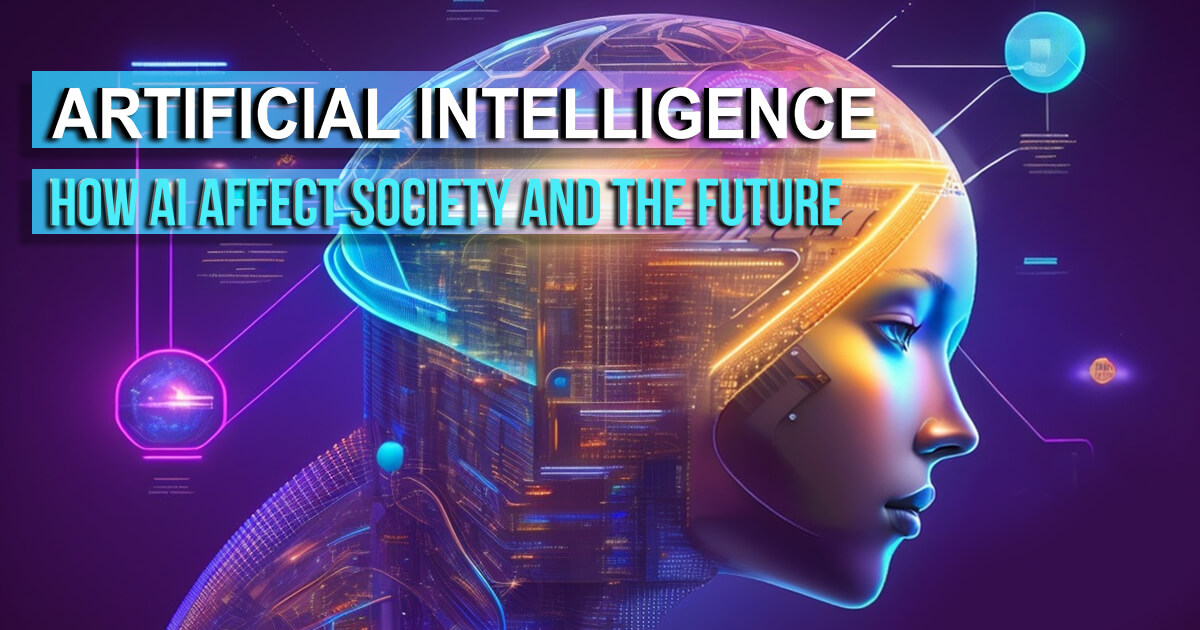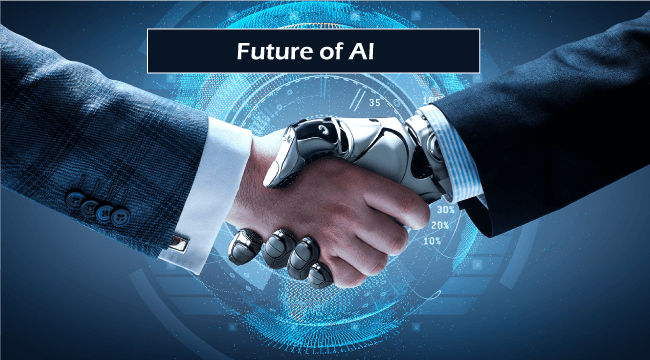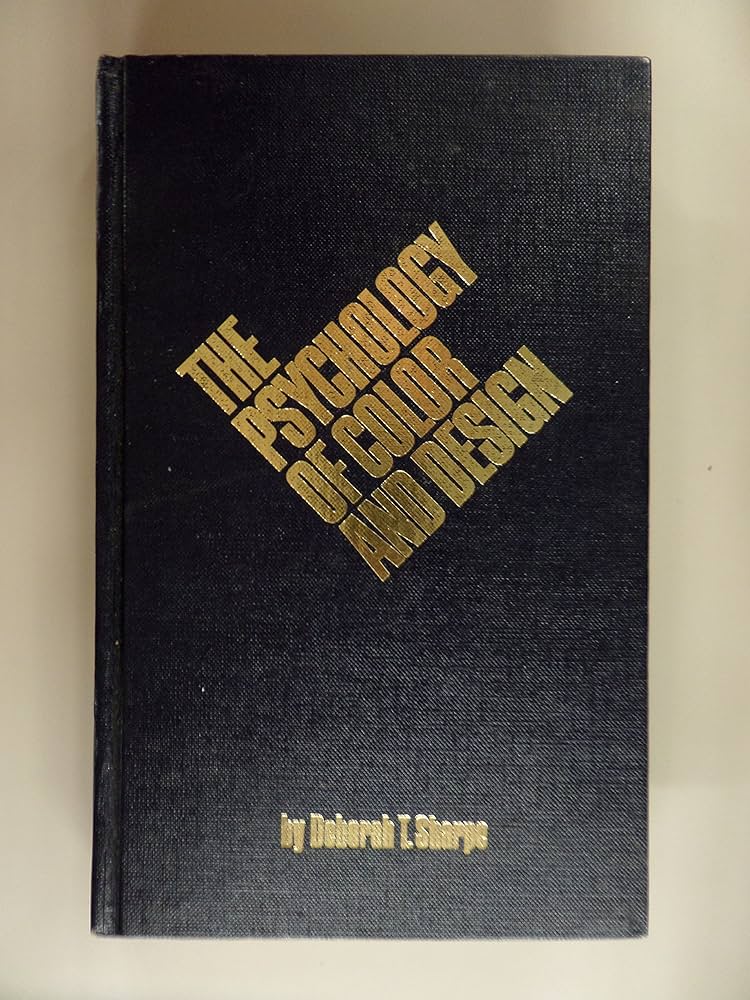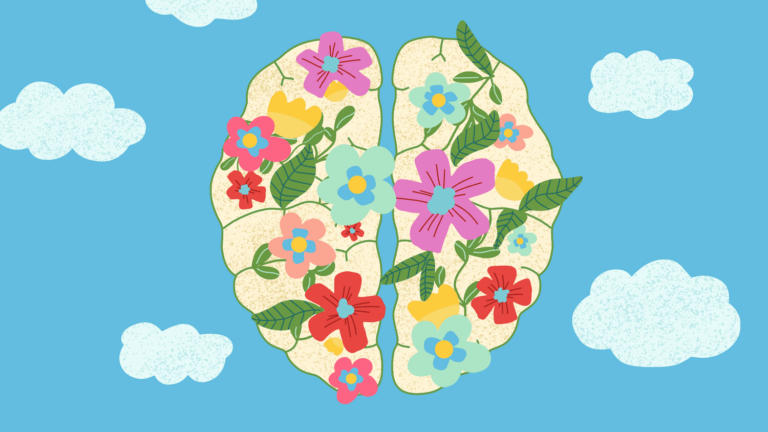The Future of Artificial Intelligence And Its Impact on Society
The future of artificial intelligence promises transformative changes across various sectors. Its impact on society will be profound and multifaceted.
Artificial intelligence (AI) is rapidly evolving and becoming integral to our daily lives. From healthcare to transportation, AI enhances efficiency and creates new opportunities. Companies harness AI for data analysis, improving customer experiences, and automating tasks. This technology also raises ethical concerns, such as job displacement and privacy issues.
Policymakers and stakeholders must address these challenges to ensure responsible AI development. The balance between innovation and regulation will shape AI’s future impact on society. As AI continues to advance, its potential to improve quality of life and drive economic growth remains immense.
Ai In Everyday Life
Artificial Intelligence (AI) is changing our daily lives. From smart homes to personal assistants, AI is everywhere. It makes our lives easier and more efficient. Let’s explore how AI is impacting our everyday activities.
Smart Homes
Smart homes use AI to automate tasks. These homes have devices that talk to each other. Lights, thermostats, and security systems can be controlled by voice or an app. This makes living more convenient and secure.
| Smart Home Device | Function |
|---|---|
| Smart Thermostat | Adjusts temperature automatically |
| Smart Lights | Turns lights on/off with voice or app |
| Smart Security System | Monitors home and sends alerts |
These smart devices save time and energy. They also provide peace of mind. For example, a smart security system can alert you to any unusual activity. This means you can keep an eye on your home even when you are away.
Personal Assistants
AI personal assistants are becoming more common. Examples include Siri, Alexa, and Google Assistant. These assistants help with everyday tasks. They can set reminders, send messages, and answer questions.
- Siri can help with iPhone tasks.
- Alexa can control smart home devices.
- Google Assistant can provide information and reminders.
These assistants are always improving. They learn from your habits and preferences. This makes them more useful over time. For instance, they can suggest the best route to work based on traffic.
AI in personal assistants makes life easier. It helps us stay organized and informed. With a simple voice command, you can get things done quickly and efficiently.
Healthcare Innovations
Healthcare Innovations are rapidly transforming the medical field. Artificial Intelligence (AI) is at the forefront of these changes. AI is making healthcare smarter and more efficient. Here are some key areas where AI is making a difference.
Diagnosis And Treatment
AI helps doctors diagnose diseases quickly and accurately. AI-powered tools can analyze medical images like X-rays and MRIs. They detect patterns and anomalies that may be missed by the human eye.
AI also helps in creating personalized treatment plans. Machine learning algorithms analyze patient data to suggest the best treatments. This approach leads to faster recovery and better outcomes.
| AI Application | Benefit |
|---|---|
| Image Analysis | Early Detection of Diseases |
| Predictive Analytics | Personalized Treatment Plans |
Patient Care
AI is enhancing patient care in many ways. Chatbots provide 24/7 support for patient queries. They offer instant responses and can handle multiple queries at once.
Wearable devices track vital signs and send data to healthcare providers. This helps in continuous monitoring and timely intervention. AI algorithms analyze this data to predict health issues before they become serious.
- Chatbots: Provide instant support for patient queries.
- Wearable Devices: Track vital signs and predict health issues.
AI-powered robots assist in surgeries. They provide precision and reduce recovery time. This leads to improved patient outcomes and satisfaction.
- Improved Precision in Surgeries
- Reduced Recovery Time
- Higher Patient Satisfaction
Education Transformation
The future of artificial intelligence (AI) promises to transform education. AI will change how students learn and teachers teach. Technology will create better learning experiences. Let’s explore how AI will reshape education.
Personalized Learning
Personalized learning tailors education to each student’s needs. AI can analyze a student’s strengths and weaknesses. It can then create a unique learning path for them.
AI-driven tools can suggest lessons based on a student’s progress. This helps students learn at their own pace. Teachers can focus on areas where students need the most help. This makes education more effective.
A table showing the benefits of personalized learning:
| Benefit | Description |
|---|---|
| Customized Lessons | Lessons are tailored to each student’s needs. |
| Improved Engagement | Students stay engaged with interesting content. |
| Better Outcomes | Students achieve better results with personalized help. |
Virtual Classrooms
Virtual classrooms bring education to students anywhere. AI makes these classrooms interactive and engaging. Students can learn from the comfort of their homes.
Virtual classrooms use AI to create real-time learning experiences. Teachers can use AI tools to track student participation. They can also provide instant feedback. This makes learning more dynamic.
Key features of virtual classrooms:
- Interactive lessons with real-time feedback
- Access to global resources and experts
- Flexible learning schedules for students
AI’s role in education transformation is undeniable. Personalized learning and virtual classrooms are just the beginning. The future of education looks bright with AI.

Credit: www.researchgate.net
Economic Shifts
The future of artificial intelligence (AI) promises significant economic shifts. AI technology will change industries and societies. This section explores these changes and their impacts.
Job Market Changes
AI will alter the job market in many ways. Some jobs will vanish, and new roles will emerge. Machines can perform repetitive tasks, reducing the need for human labor in certain areas. This means some people will need to acquire new skills.
For example, jobs in data entry and manufacturing may decline. Yet, there will be a demand for AI specialists, data analysts, and tech developers. These roles require advanced training and education.
Here is a comparison of current and future job roles:
| Current Jobs | Future Jobs |
|---|---|
| Data Entry Clerk | Data Analyst |
| Factory Worker | AI Specialist |
| Customer Service Rep | Machine Learning Engineer |
New Industries
AI will give rise to new industries and business models. Companies will innovate in ways we have not seen before. For instance, AI-driven healthcare solutions will improve patient care. These solutions can predict diseases and suggest treatments.
Another example is in transportation. Self-driving cars will revolutionize travel and logistics. These vehicles can reduce accidents and make delivery services faster.
Here are some emerging industries:
- AI-driven Healthcare
- Autonomous Vehicles
- Smart Home Technologies
- Virtual Reality Experiences
These industries will create new job opportunities and reshape economies. People will need to adapt to these changes and embrace continuous learning.
Ethical Considerations
The future of Artificial Intelligence (AI) brings exciting possibilities. Yet, it also raises important ethical questions. These considerations will shape how AI impacts society. Below are two key areas: Bias and Fairness, and Privacy Concerns.
Bias And Fairness
AI systems can learn from data. This data can sometimes contain human biases. This makes AI systems biased too. Ensuring fairness in AI is crucial. Here are some ways to address bias:
- Use diverse datasets
- Regularly audit AI systems
- Implement bias detection tools
Consider an example of facial recognition software. If trained on limited data, it may not recognize all faces equally. This can lead to unfair treatment of certain groups. Ensuring fairness in AI helps create a just society.
Privacy Concerns
AI systems often collect and analyze personal data. This raises privacy concerns. People worry about how their data is used. Here are some ways to protect privacy:
- Encrypt personal data
- Implement strict access controls
- Regularly update privacy policies
Imagine an AI health app. It collects sensitive health data. Without proper safeguards, this data can be misused. Protecting privacy is essential to maintain trust in AI systems.

Credit: www.ipcstore.com
Security Enhancements
Artificial Intelligence (AI) is transforming every aspect of life. Security enhancements are among the most significant impacts AI brings. This revolution in security is crucial for society’s well-being and safety.
Threat Detection
AI systems enhance threat detection capabilities. They can identify potential risks faster than humans. AI algorithms analyze patterns and detect anomalies in real-time. This helps in preventing cyber attacks before they happen.
For example, AI can recognize unusual login attempts. It can also detect malware hidden in files. This proactive approach keeps systems secure and data safe.
Data Protection
Data protection is another area where AI excels. AI tools can encrypt data efficiently. They ensure that sensitive information remains confidential.
AI-driven security systems monitor access to data. They alert administrators of unauthorized access. This continuous monitoring helps in safeguarding personal and organizational information.
Here is a quick comparison of traditional security methods vs AI-enhanced security:
| Traditional Security | AI-Enhanced Security |
|---|---|
| Manual threat detection | Automated threat detection |
| Periodic monitoring | Real-time monitoring |
| Reactive responses | Proactive responses |
AI’s role in security enhancements is undeniable. It offers unprecedented protection against evolving threats.
Environmental Impact
The future of Artificial Intelligence (AI) holds great promise for society. One significant area is its impact on the environment. AI can help us protect our planet in many ways.
Sustainable Practices
AI can promote sustainable practices in various industries. For example, smart sensors in factories can reduce waste. These sensors monitor production and find ways to use fewer resources. AI can also optimize energy use in buildings. Smart systems adjust lighting and heating based on room usage.
Electric vehicles (EVs) benefit from AI too. AI helps in route planning to save energy. It also assists in managing EV battery life. This makes electric cars more efficient and eco-friendly.
Climate Monitoring
AI plays a vital role in climate monitoring. It analyzes vast amounts of climate data quickly. This helps scientists understand weather patterns better. AI models predict future climate changes accurately. These predictions help in preparing for natural disasters.
AI also aids in tracking deforestation. Satellite images analyzed by AI can spot illegal logging. It helps authorities take timely action. AI-driven drones monitor wildlife and their habitats. This helps in preserving biodiversity.
| AI Application | Environmental Benefit |
|---|---|
| Smart Sensors | Reduce Waste |
| Energy Optimization | Save Resources |
| Electric Vehicles | Improve Efficiency |
| Climate Data Analysis | Predict Weather Patterns |
| Deforestation Tracking | Protect Forests |
| Wildlife Monitoring | Preserve Biodiversity |
AI’s impact on the environment is profound. It offers tools to safeguard our planet. By embracing AI, we can foster a sustainable future.

Credit: www.scribd.com
Government And Policy
The future of artificial intelligence (AI) will shape government and policy. Understanding its impact is crucial. Governments need to create rules and use AI smartly.
Regulatory Frameworks
Creating a regulatory framework for AI is important. It helps in setting clear rules. These rules guide the safe and fair use of AI. Governments should ensure AI respects human rights and privacy.
Key elements of a good framework include:
- Data privacy laws
- AI ethics guidelines
- Transparency requirements
- Accountability measures
Data privacy laws protect personal information. AI ethics guidelines ensure AI is used morally. Transparency requirements make AI operations clear. Accountability measures ensure someone is responsible.
Public Sector Applications
AI has many uses in the public sector. It can improve services and make them more efficient. Some key applications include:
| Application | Benefits |
|---|---|
| Healthcare | Better patient care |
| Education | Personalized learning |
| Transportation | Safer roads |
| Public Safety | Reduced crime |
Healthcare can use AI for better patient care. Education can use it for personalized learning. Transportation benefits with safer roads. Public safety sees reduced crime rates.
Conclusion
AI holds great promise for the future, reshaping society in many ways. Its influence spans healthcare, education, and industry. As technology advances, ethical considerations will be crucial. Embracing AI responsibly ensures benefits for all. Stay informed and prepared to navigate this transformative landscape.
The future of AI is both exciting and challenging.







